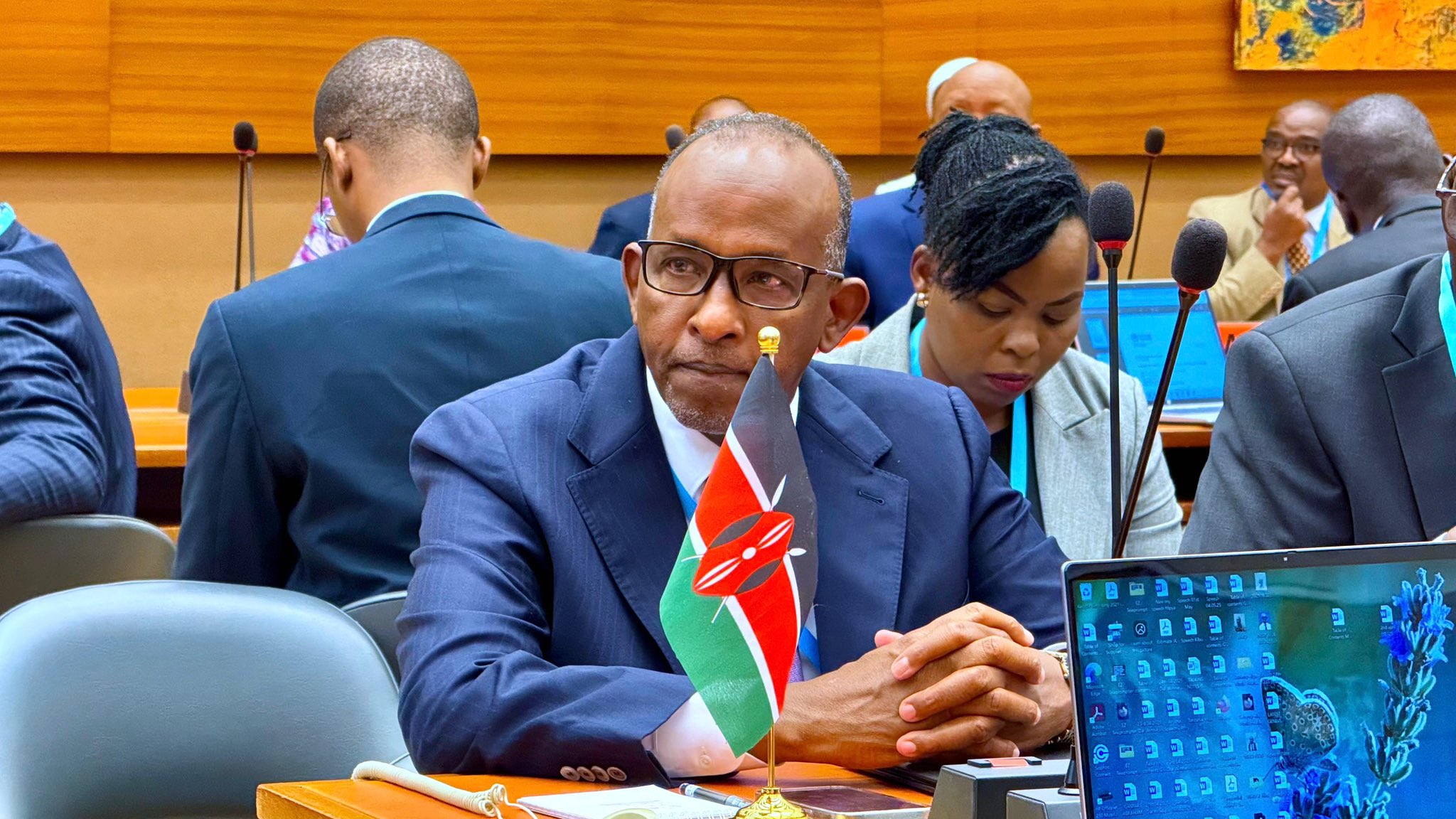By Our Parliamentary Correspondent
Kenya’s reproductive health system is in disarray, with shocking new revelations exposing the government’s failure to provide reliable contraceptives, endangering the lives and futures of millions of women and girls. The Ministry of Health is under intense scrutiny following a damning study that links over 1.4 million unintended pregnancies in 2023 to the alarming inefficacy of family planning interventions in public health facilities.
A report by the African Population and Health Research Center (APHRC), titled Incidents of Induced Abortion and Related Complications in Kenya, has laid bare the rot at the heart of Kenya’s reproductive healthcare. The study found that 35% of women who used emergency contraceptive pills still conceived, a staggering statistic that calls into question both the quality of products distributed and the competence of oversight mechanisms within the Ministry.
Speaking in a heated Senate session, Nominated Senator Hamida Kibwana led the charge, accusing the government of abandoning its duty to protect women’s reproductive rights.
“This is not just negligence; it is an outright betrayal of Kenyan women and girls. The reproductive health crisis we face is fuelled by ineffective contraceptives, poor services, and wilful institutional silence,” said Kibwana.
She demanded an immediate probe into the procurement, distribution, and quality control of contraceptives as well as the training standards of healthcare personnel entrusted with their administration.
The APHRC study debunked long-standing myths surrounding contraception, revealing that 58% of users were married women and 32% already had two or more children. “This is a basic health and economic issue, not a moral debate,” Kibwana added.
Senator Catherine Mumma sounded the alarm over the increasing number of adolescent pregnancies, pointing to a staggering 150 cases among girls aged 10 to 14 years. She castigated the government for its failure to implement sex education, leaving minors vulnerable to abuse, misinformation, and life-altering consequences.
“We cannot keep burying our heads in the sand. Our young girls are becoming mothers before they can complete primary school. This is a national disgrace,” she said.
Senator Ledama Olekina (Narok) blamed the surge in unsafe abortions and unintended pregnancies on structural poverty and neglect in informal settlements. Meanwhile, Senate Majority Whip Boni Khalwale (Kakamega) stirred controversy by suggesting that women should have at least three children before using contraception, remarks widely condemned as regressive and tone-deaf.
Despite divergent views on policy implementation, the Senate was united in condemning the Ministry’s inertia. While women and girls suffer the consequences, government officials continue to hide behind bureaucracy and outdated cultural attitudes.
The Ministry of Health, whose officials were conspicuously silent during the debate, now faces pressure to act. Public confidence in reproductive health services is rapidly eroding, and with a general election on the horizon, political consequences may soon follow.
Unless urgent reforms are enacted, including a nationwide audit of contraceptive efficacy, expansion of post-abortion care, and mandatory reproductive health education in schools, Kenya risks plunging deeper into a crisis of its own making.
For now, the verdict from Parliament is clear: the state has failed its women, and they are paying for it with their bodies, their futures, and their lives.





